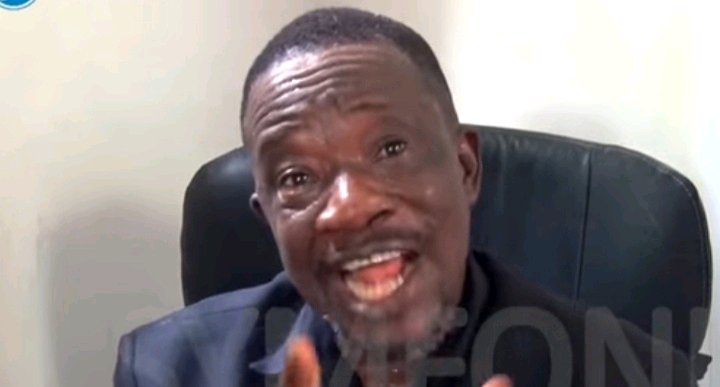Public affairs analyst Lekan Ojo-Jackson has expressed concerns about the lack of political cohesion among southern Nigerian states, contrasting it with what he perceives as greater unity in the northern region.
Speaking during a television program on Symfoni TV from 6:00, Ojo-Jackson drew comparisons between political solidarity in Nigeria’s northern and southern regions. He suggested that northern Nigeria demonstrates stronger regional loyalty when it comes to supporting political candidates.
“There are people who will sit down in northern Nigeria and say, ‘Oh, this is our brother, let us vote for him.’ Who is that person here?” Ojo-Jackson questioned, referring to the absence of such unified support in the south.
The analyst specifically addressed the relationship between Nigeria’s Southwest and Southeast regions, predicting challenges in forming political alliances. “The Yoruba will not follow the direction of the southeast candidate. The vote will just be divided there. That is it. Is there any unifying factor here in the south—southeast, southwest? No,” he stated.
Ojo-Jackson outlined potential ethnic-based arguments that could emerge to justify regional divisions within southern Nigeria. “You will see: ‘Hey, I can’t follow the Igbo.’ ‘Hey, Yoruba has done it two times already with Tinubu.’ ‘Hey, the southsouth had done it for six years with Jonathan,'” he said, referencing current President Bola Tinubu and former President Goodluck Jonathan.
The political commentator warned that such fragmentation could weaken the south’s collective political influence. “Based on that, before you know what is happening, our force—what was supposed to be our united force from the south—will diminish, will scatter, and those people will escape,” he cautioned.
His remarks shed light on the complex ethnic and regional dynamics that continue to shape Nigeria’s political landscape, particularly regarding coalition-building efforts among opposition parties.
Explore More News By Using The Button Below.

